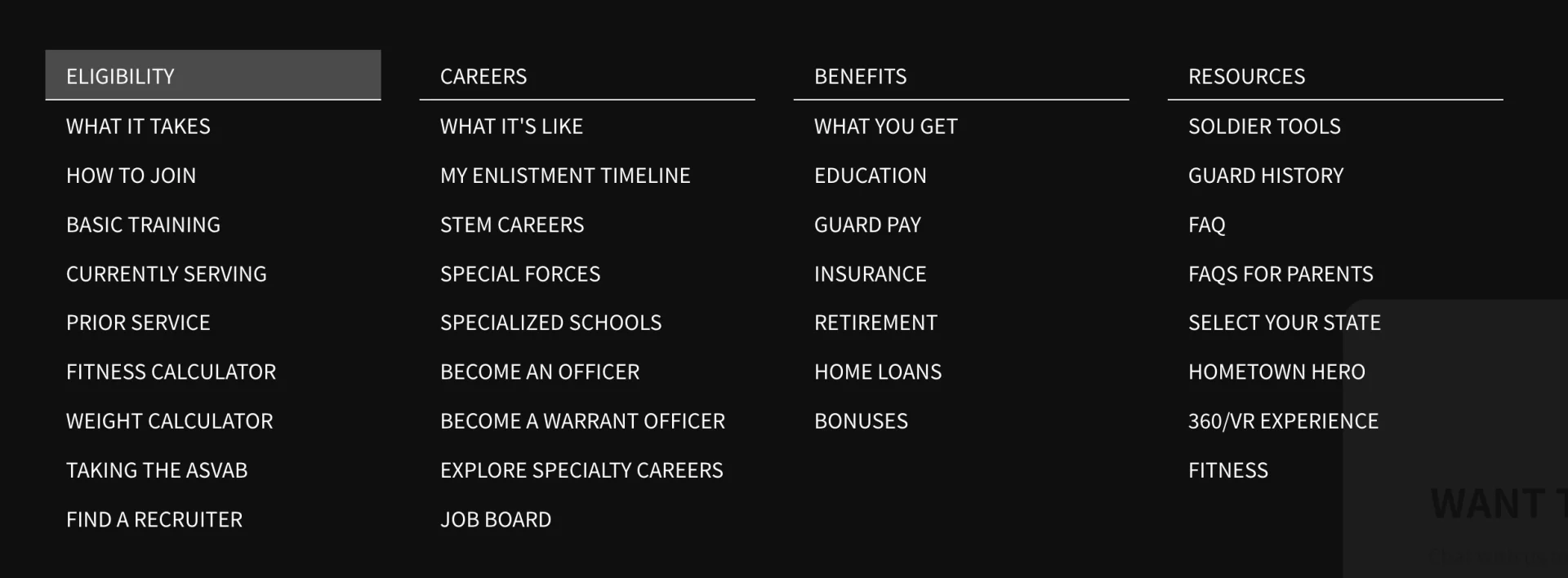OVERVIEW
Watercraft Operators are primarily responsible for navigation, cargo operations and supervising other Soldiers on Army National Guard watercraft. They are part of a piloting team using electronic positioning systems, hand-held navigation tools and traditional watch-standing procedures aboard many of the Army National Guard’s watercraft.
JOB DUTIES
- Dock and undock vessels
- Send and receive messages with radios, beacons and signal flags
- Operate and maintain lifeboats and vessel firefighting equipment
- Secure all types of cargo using shipboard machinery such as capstans, winches, hoists and davits
TRAINING
Job training for a Watercraft Operator requires 10 weeks of Basic Combat Training and six weeks of Advanced Individual Training with on-the-job instruction. Part of this time is spent in the classroom, and part takes place in the field.
Advanced Individual Training: 6 weeks at Fort Eustis, VA
Some of the skills you’ll learn are:
- Boat-handling techniques
- Watch-standing procedures
- Use of communications, electronics and navigational systems
- Ship structure
- Log and message-handling procedures
- Navigational mathematics
HELPFUL SKILLS
- Interest in the ocean, sailing and navigation
- Ability to work as part of a team
- Basic understanding of maps and trip planning
- Understanding of mathematical formulas
REQUIRED ASVAB SCORE(S)
Mechanical Maintenance (MM): 99
Learn more about the ASVAB.
WARRANT OFFICER TRACK
880A Marine Deck Officer
FUTURE CIVILIAN CAREERS
The skills you learn will help prepare you for a career in shipping or on a cruise ship, tugboat or ferry operation. You’ll be able to consider a future as a pilot, harbormaster or marine resource enforcement officer.
